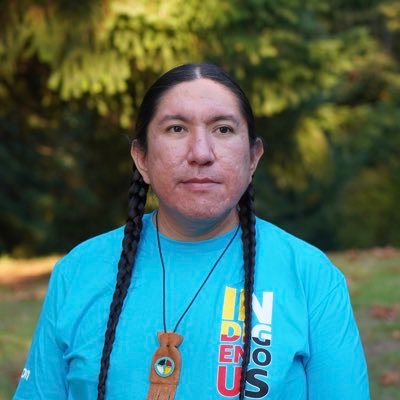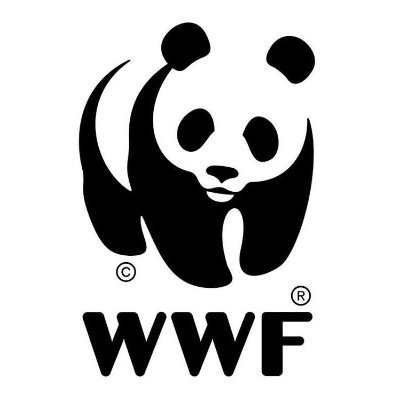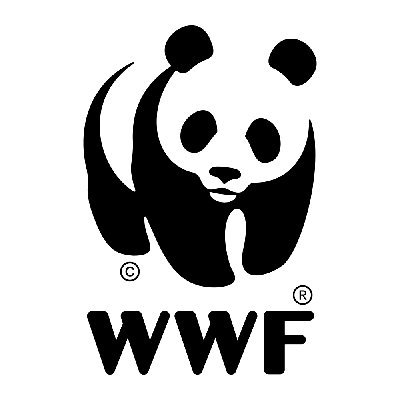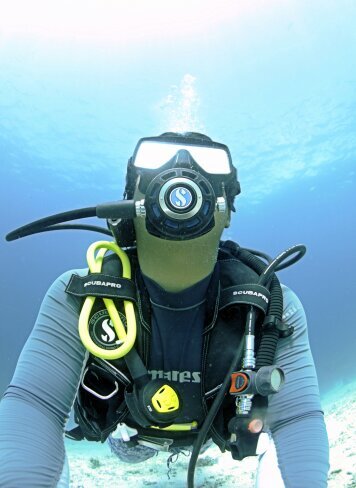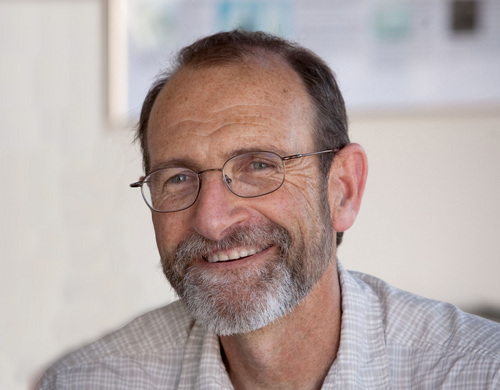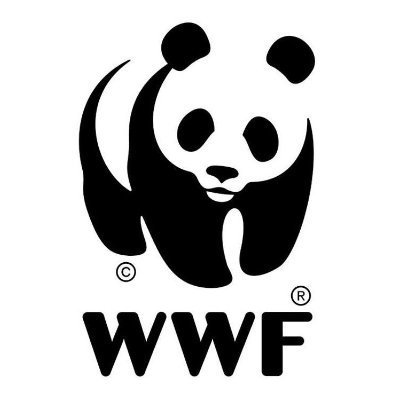
WWF Science
@WWFscience
Geeking out on all things conservation science with @World_Wildlife scientists
You might like
Did you know pesticides are a major threat to native bees? 🐝 WWF is launching new research & workshops this spring to help reduce their use and protect pollinators. Learn more in this @PBSNature piece: pbs.org/wnet/nature/bl…
Want to turn your passion for nature into a conservation career? WWF Chief Scientist @DrRebeccaShaw shares her journey and how science drives global change in the latest All Creatures podcast. Listen here: podcasts.apple.com/us/podcast/exp…
When we waste food, nature pays the price. US schools, through the school lunch program, can play a big role in limiting the amount of food that we waste in our country. Learn more in this week’s episode of Nature Breaking: youtube.com/watch?v=L0__jB…
How is AI shaping the future of conservation? This Earth Day, WWF’s @davethau joins @PMInstitute's podcast to discuss how WWF is using AI and emerging tech to drive smarter, faster, and more impactful conservation solutions. Learn more: pmi.org/projectified-p…

As human development expands, encounters with wildlife are inevitable—but they don’t have to be negative. WWF’s Nilanga Jayasinghe shares how we can shift from conflict to coexistence in this @PBSNature blog: pbs.org/wnet/nature/bl…
WWF's chief scientist, @DrRebeccaShaw, explains why the current rate of nature loss is anything but normal in the @nytimes. Learn more: nytimes.com/2025/03/27/opi…

A new WWF and Globe Scan survey of 30,000 people across 31 countries reveals that water pollution is the top environmental issue worldwide. This #WorldWaterDay, the message is clear: our water security is at risk. Learn more: bit.ly/4is9e48
New report: The eastern monarch butterfly population wintering in central Mexico's forests occupied 4.42 acres of forest, up from 2.22 acres during the previous winter. While this is hopeful news, populations remain far below the long-term average. worldwildlife.org/stories/easter…

Not all floods are bad—some help prevent disasters. By restoring floodplains and giving rivers room to breathe, we can reduce catastrophic flooding, protect communities, and boost biodiversity. WWF’s @jjopperman explains in @Forbes: forbes.com/sites/jeffoppe…
forbes.com
Good Floods Reduce The Risk Of Bad Floods
Strategic flooding ("good floods") can reduce the risk of harmful floods, while providing a range of other benefits.
This #WorldWildlifeDay, we are reminded that conservation works. While many species face alarming declines, bison are making a comeback. Read Clay Bolt's blog post for @PBSNature to learn why: pbs.org/wnet/nature/bl…
Happy International Day of Women and Girls in Science! Meet five WWF scientists whose passion, expertise, and dedication are driving real change for people and the planet: worldwildlife.org/stories/meet-f…
Tackling human-wildlife conflict (HWC) is critical for both conservation and development. WWF and experts have developed the C2C: Conflict to Coexistence Approach, a holistic, adaptable framework for HWC management. Learn more: conbio.onlinelibrary.wiley.com/doi/10.1111/cs…
Did you know that animals play a vital role in supporting human well-being? WWF's Global Biodiversity Lead Scientist, @beckyck talks with @MongabayOrg 's @johnccannon about her latest research on the benefits people get from wildlife. news.mongabay.com/2025/01/scient…
From seed dispersal to pollination, wildlife plays an often hidden but vital role in keeping our ecosystems—and us—alive. Discover the unseen benefits we reap from birds, bats, beavers, sharks and more in this blog post for @PBSNature by @beckyck: pbs.org/wnet/nature/bl…
New WWF-led research reveals hidden but vital benefits wildlife provides to people--food, livelihoods, medicine, disaster protection, and more. With wildlife populations plummeting, we risk losing the very systems that support us. Learn more: worldwildlife.org/press-releases…
As we close out 2024, we're celebrating the progress made in conservation. Discover the year's most impactful conservation wins and how they are shaping the path forward: worldwildlife.org/stories/conser…
United States Trends
- 1. #FanCashDropPromotion 2,085 posts
- 2. Summer Walker 26.5K posts
- 3. Wale 39.2K posts
- 4. Good Friday 59.9K posts
- 5. #FridayVibes 5,234 posts
- 6. #NXXT_Earnings N/A
- 7. #FinallyOverIt 8,817 posts
- 8. #FridayFeeling 2,504 posts
- 9. Go Girl 26.1K posts
- 10. Happy Friyay 1,679 posts
- 11. Saylor 46.3K posts
- 12. SINGSA LATAI EP3 75.9K posts
- 13. Doug McMillon N/A
- 14. Bubba 12.1K posts
- 15. Bill Clinton 63.9K posts
- 16. Meek 6,693 posts
- 17. Thomas Crooks 42K posts
- 18. Robbed You 5,457 posts
- 19. Red Friday 4,016 posts
- 20. $BTC 124K posts
You might like
-
 IUCN
IUCN
@IUCN -
 IUCN Red List
IUCN Red List
@IUCNRedList -
 Marco Lambertini
Marco Lambertini
@ConvenerNatureP -
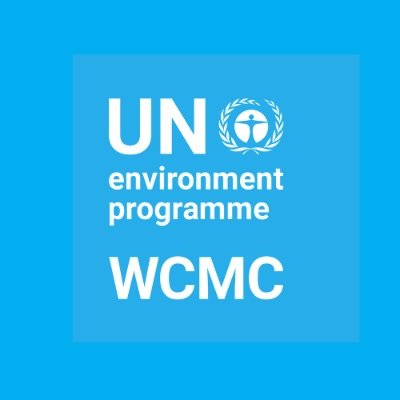 UNEP-WCMC
UNEP-WCMC
@unepwcmc -
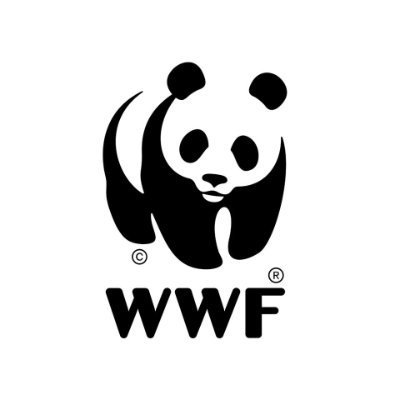 WWF Forest & Climate
WWF Forest & Climate
@WWFForestCarbon -
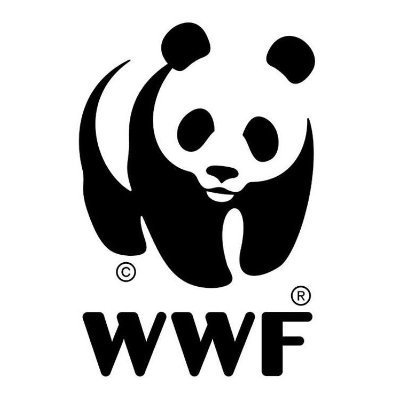 WWF News
WWF News
@WWFnews -
 Conservation Intl
Conservation Intl
@ConservationOrg -
 WWF International media team
WWF International media team
@wwf_media -
 WWF Mesoamérica
WWF Mesoamérica
@WWF_MAR -
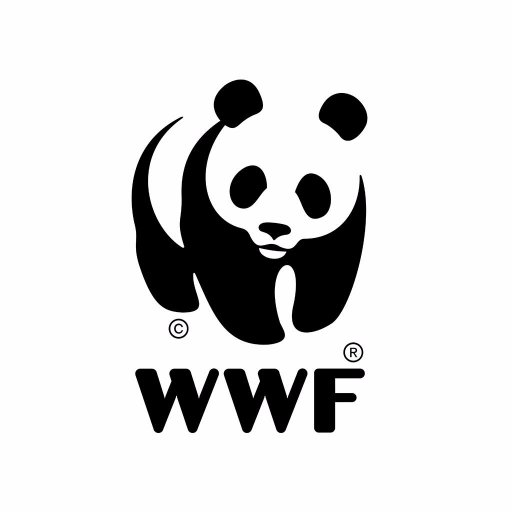 WWF-Malaysia
WWF-Malaysia
@WWFMy -
 Aaron Vermeulen
Aaron Vermeulen
@WWFLeadFinance -
 WWF UK
WWF UK
@wwf_uk -
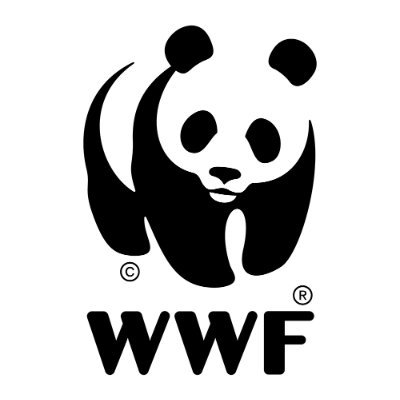 WWF South Africa
WWF South Africa
@WWFSouthAfrica -
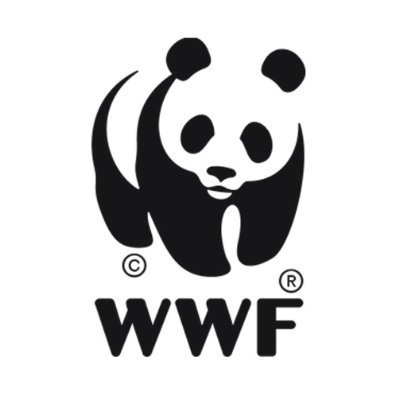 WWF Politics 🌍
WWF Politics 🌍
@WWF_UK_Politics
Something went wrong.
Something went wrong.






















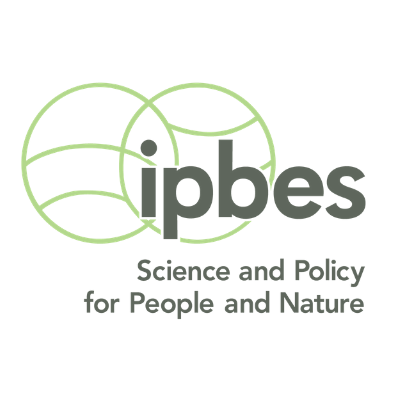

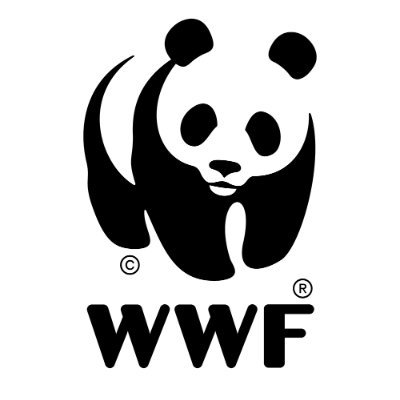

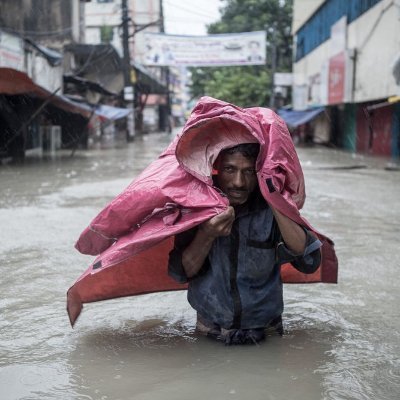



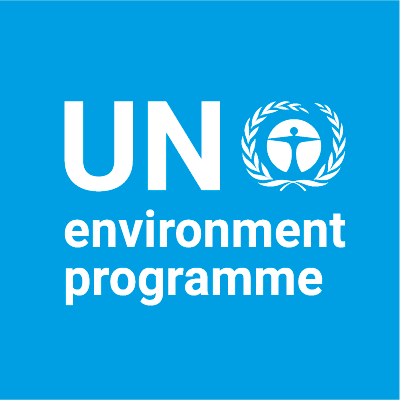


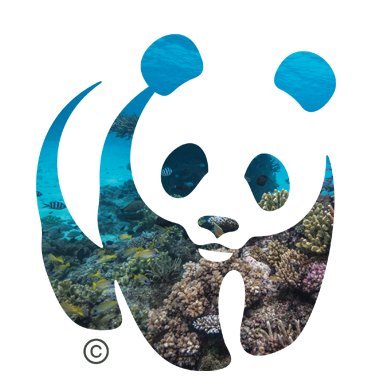



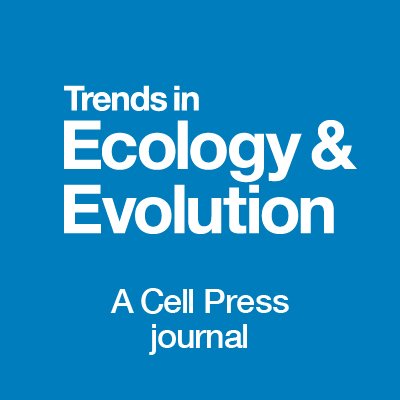












































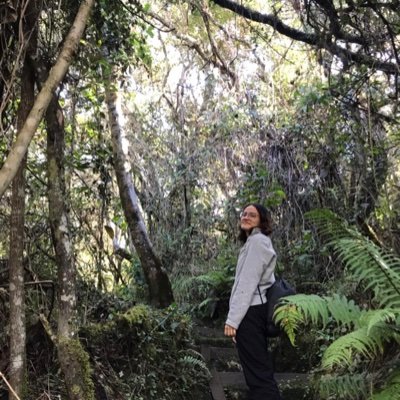





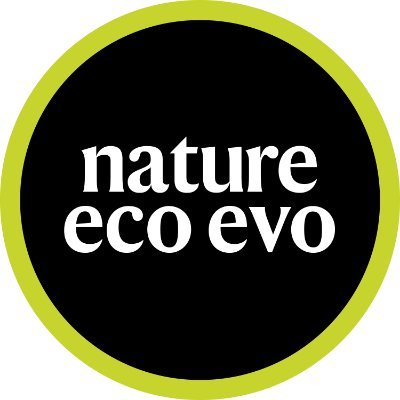




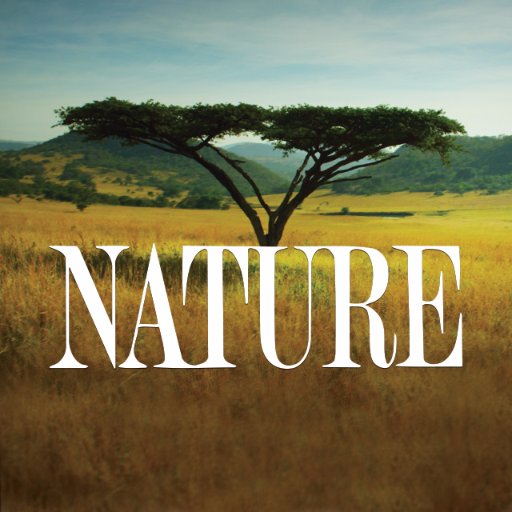


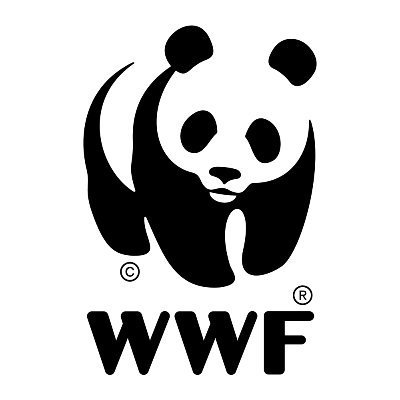

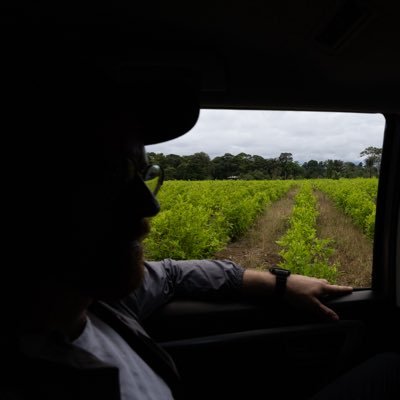


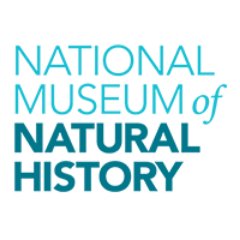

![leafdoctor's profile picture. Smithsonian @NMNH director & paleobotanist. Works with artists to visualize extinct landscapes. [Pers/Prof account, opinions my own]](https://pbs.twimg.com/profile_images/1150974811/KirkRJohnson.jpg)







